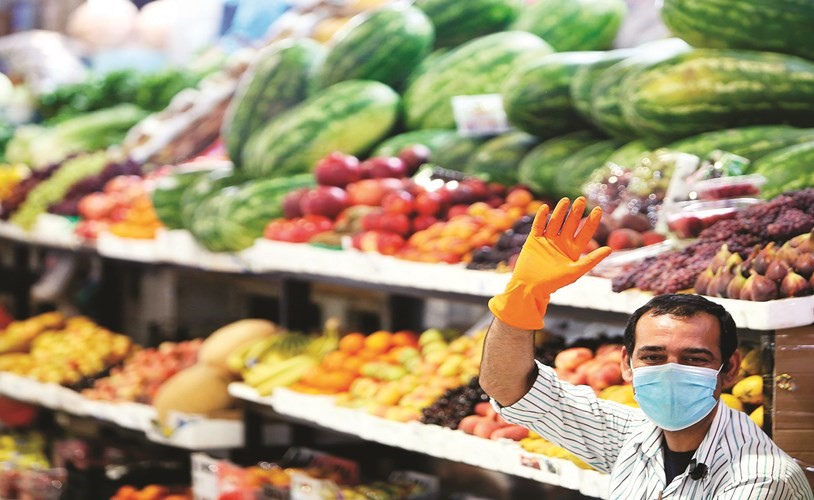Araa Company for Research and Marketing Consultations issued its Consumer Confidence Index in Kuwait for March 2022, in cooperation with a local Arabic daily and sponsored by Lexus out of its interest to monitor the economic reality in Kuwait. All index rates for March decreased between 5 points as a minimum and 14 points as a maximum.
The Consumer Confidence index is the only indicator that measures the psychological factors of the consumer, based on People’s opinions and perceptions of the current and future economic situation, and their expectations for their financial conditions.
The index is based on a research conducted on a sample of 500 people, distributed among Arab citizens and residents in all governorates. It is conducted by phone through random calls, taking into account the demographic structure of Kuwait.
The results of each of the six indicators are extracted based on the answers of the sample members determined by the questionnaire as “positive”, “negative” or “neutral”, and the results of the indicators are determined in the base month as a measure of the psychological state of consumers in Kuwait, which is equal to 100 points centered between optimism and pessimism among consumers.
The decline in the confidence of the surveyed consumers in these regional and international conditions is logical given the worrying repercussions resulting from the Russian-Ukrainian military clash, the escalating conflict in terms of trade exchange and the measures taken by many countries, which have led and will lead to more difficulties in most parts of the world, especially on the level of food security in developing countries.
Within this atmosphere, oil prices maintained their high rates despite their decline sometimes under pressures, such as the resort of the United States of America to use some of its strategic oil reserves to reduce prices and curb manifestations of political-popular opposition, as it pressured several other countries to resort to its reserves of fuel.
This is in addition to the negative impact of the re-spread of the Corona pandemic in the Chinese Republic and the resulting atrophy in production, and consequently a reduction in the levels of economic growth in general and production in particular, which leads to a decrease in demand.
Studies have proven high levels of monetary inflation in most countries of the world, whether as a result of the repercussions of Corona or the military and economic conflict that erupted during the month of February. It is declining as a result of direct local reasons, but rather for reasons of concern that pervades the countries of the world, especially with the rise in the prices of most commodities and foodstuffs and the fear that some of them will be cut off.
In this general international climate that dominates public opinion, citizens scored an average of 93 points for the general index, down 12 points within a month, and Arab residents scored 114 points, a loss of 6 points from their previous balance.
At the level of regions, the capital scored 96 points, down by seven points, while Hawalli average decreased by 14 points, Al-Ahmadi by 10 points, Al-Farwaniya by 8 points, while Jahra added 4 points and Mubarak Al-Kabeer by one point.
With reference to the decline in the confidence of simple workers with the level of intermediate studies and below, as their rates declined by rates ranging between 10 and 13 points. It is necessary to follow developments at all levels in the hope that the conditions of consumers will be better in the month of April.

